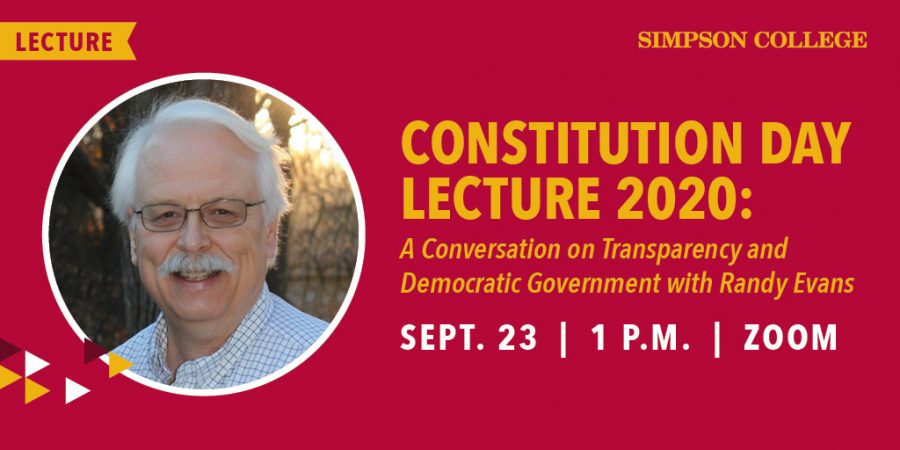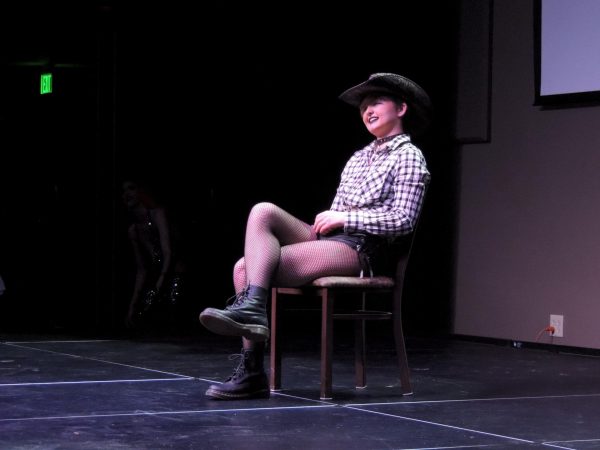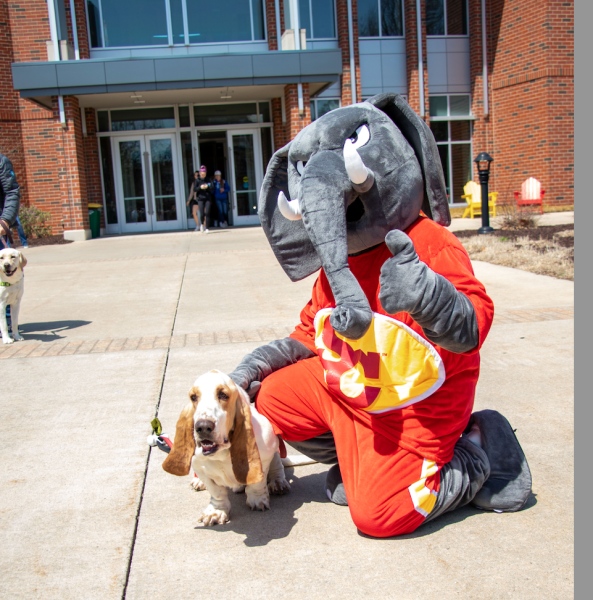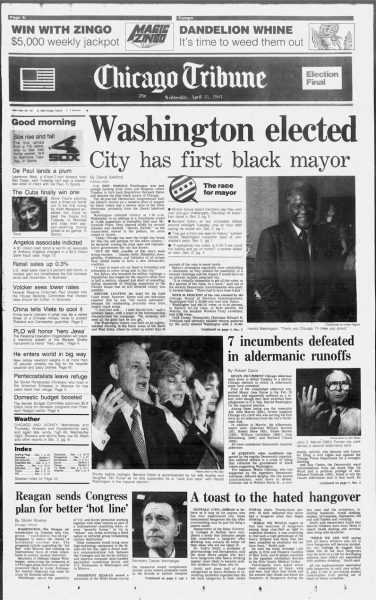Randy Evans delivers the annual Constitution Day lecture
September 30, 2020
Simpson College held its annual Constitution Day lecture via Zoom on Sept. 23 at 1 p.m. This year’s speaker was Randy Evans, Executive Director of the Iowa Freedom of Information Council.
The Constitution Day Lecture is held during Simpson’s First Amendment Week and commemorates our founders collaborating on and emerging with the U.S. Constitution in 1787. In the past, the lecture was accompanied by other events relating to our First Amendment freedoms of speech, press, expression of religion, assembly and petition.
Chair of the Multimedia Communications Department, Brian Steffen, moderated the event. Steffen and Evans had a conversation about government transparency and accountability – specifically during the era of the COVID-19 pandemic and the ongoing fight for racial justice. There were 85 people that virtually attended the lecture.
Evans has an extensive history in the field of journalism. Graduating from The University of Iowa’s School of Journalism, he has written for a few small-town publications like The Albia Union Republican and Monroe County News, later joining the Des Moines Register, where he would stay for 40 years. In 2015, he became the Executive Director of the Iowa Freedom of Information Council.
The IFOIC is a non-profit advocacy and education organization addressing open government and government accountability issues in Iowa and nation-wide. The IFOIC exists to provide a resource for citizens and journalists in navigating government disclosure. It also strives to give citizens a voice.
Evans spoke briefly on what drove him towards this career path.
“Open government and citizen involvement in the government has been a big part of my career through the years,” he said. “… the government belongs to them [citizens], it doesn’t belong to the officials who are sitting on the city council or sitting on the school board. I think that’s a concept sometimes officials lose track of because they forget that they are working for the citizens rather than working for themselves.”
Steffen and Evan discussed the growing movement and need for government transparency, referencing back to the U.S. emergence as a nuclear power in the 1960s up to the more recent death of George Floyd.
“One of the things that we’ve seen is that as citizens get motivated by issues that are of particular interest to them, they start getting frustrated when they don’t have access to the meetings at which they’re being discussed, or if they don’t have access to the records that exist that deal with these issues,” Evans said.
Steffen and Evans examined the impact mobile technology has had on government accountability, especially on the issue of police violence. They touch on a more recent lawsuit between the IFOIC and the Polk County Sheriff’s Office, where the IFOIC forced Polk County to make police cam videos available of a fatal shooting of Isaiah Hayes.
“You’re not going to build trust and confidence in the actions of police officers or the actions of prosecutors if the public is kept in the dark,” Evans said. “Iowa law requires the immediate facts and circumstances of any incident that law enforcement responds to, which need to be made available to the public upon request … when the sheriff’s office refused to answer questions, the IFOIC filed suit to get the details we believe the public is entitled to have access to.”
Their discussion spills into several other notable topics, namely how transparency has functioned within the legislature and government meetings, and how important it has been from a public safety aspect during the current COVID-19 pandemic.
The lecture then concludes with a Q&A session with participants. Evans emphasizes the need for government transparency during a time of intense polarization and partisanship.
“Too many [government figures] view any inquiry that is perceived as negative as an attempt to undermine that administration, when in fact it’s really just a question of the public deserving of having access to records that pertain to their government,” Evans said. “I think that’s one of the prices we’re paying … the job of the reporter is to ask those tough questions on behalf of the public.”
Steffen believes a conversation on government transparency like Evans’ lecture is important for all students to have, regardless of their major or interest in political affairs.
“All students and citizens should care about government transparency and openness,” he said. “Government’s do the public’s business, and it’s all of our jobs to ensure that governments do their work in the open as much as is possible.”
If you’re interested in watching a recording of the 2020 Constitution Day lecture, you can find it on the Simpson College YouTube channel.

















